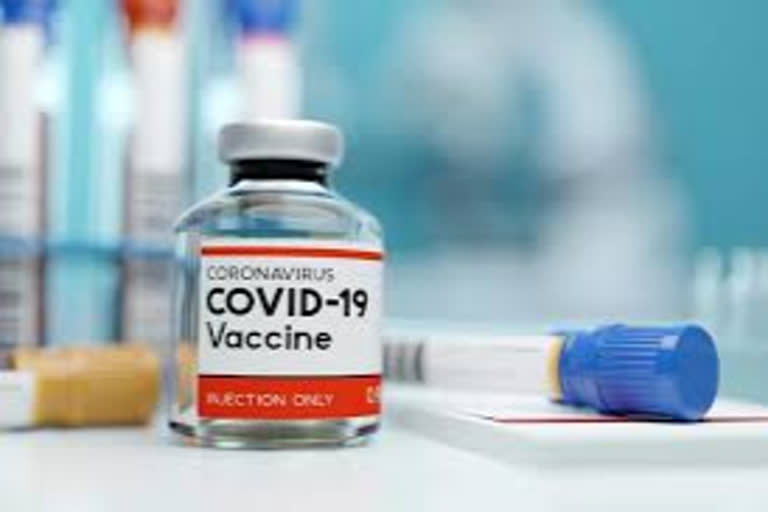New Delhi: A top ICMR official told a parliamentary panel on Wednesday that phase-two clinical trial of two indigenously developed COVID-19 vaccine candidates have almost been completed and emergency authorisation of a vaccine could be considered if the Centre decides so.
Indian Council of Medical Research (ICMR) Director-General Balram Bhargava informed members of the parliamentary standing committee on home affairs that the vaccine candidates developed by Bharat Biotech, Cadila and the Serum Institute of India are at different stages of the trial, said an MP present in the meeting.
The COVID-19 vaccine candidates coordinated by Bharat Biotech and Cadila are nearing completion of phase-two trails. The one being handled by the Serum Institute of India and developed by Oxford University will enter phase-2 (b) trials this weekend for which 1,700 patients have been identified at 17 centres across the country, the MP said.
According to MPs who attended the meeting, when asked how long people will have to live with the pandemic, Bhargava replied that normally the final trial takes about six to nine months but if the governments decides, an emergency authorisation could be considered.
Responding to queries by the panel about the saliva test cleared by FDA in the US for rapid detection of SARS-CoV-2, Bhargava informed that taking samples from gargled water is already under consideration and further details will be available soon, according to another MP who attended the meeting.
Members of the parliamentary committee cutting across party lines complemented the ICMR in particular and the medical fraternity in general for their committed role in fighting the pandemic.
They appreciated the ICMR for its pioneering role in coordinating the scientific and medical aspects of the battle against COVID-19 and appreciated AIIMS, Delhi, for its effective contribution as a lead mentor for hospitals across the country on various aspects of the pandemic management.
The committee members expressed concern over stigmatisation of infected people both by kin and neighbours and noted that those who have recovered from COVID-19 are not harmful, instead beneficial to the society.
